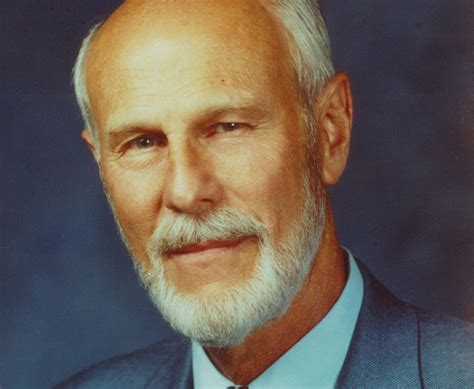A Quote by Martin Buber
Creation happens to us, burns into us, changes us, we tremble and swoon, we submit. Creation - we participate in it, we encounter the creator, offer ourselves to him, helpers and companions.
Related Quotes
Prayer is a gift from Almighty God that transforms us, whether we bow our heads in solitude, or offer swift and silent prayers in times of trial. Prayer humbles us by reminding us of our place in creation. Prayer strengthens us by reminding us that God loves and cares for each and every soul in His creation. And prayer blesses us by reminding us that there is a divine plan that stands above all human plans.
Before His gaze all falsehood melts away. This encounter with Him, as it burns us, transforms and frees us, allowing us to become truly ourselves... His gaze, the touch of His heart heals us through an undeniably painful transformation "as through fire". But it is a blessed pain, in which the holy power of His love sears through us like a flame, enabling us to become totally ourselves and thus totally of God.
Today is [the feast of] Santa Rita, Patron Saint of impossible things - but this seems impossible: let us ask of her this grace, this grace that all, all, all people would do good and that we would encounter one another in this work, which is a work of creation, like the creation of the Father. A work of the family, because we are all children of God, all of us, all of us! And God loves us, all of us! May Santa Rita grant us this grace, which seems almost impossible. Amen.
To reverence the impersonal creation instead of the personal God who created us is a perversion designed for escaping moral accountability to the Creator. God indicts those who worship the creation instead of its Creator (Rom 1:18-23); and warns of the corruption of morals and behavior which results.
When, in adoration, we look at the consecrated Host, the sign of creation speaks to us. And so, we encounter the greatness of his gift; but we also encounter the Passion, the Cross of Jesus and his Resurrection. Through this gaze of adoration, he draws us toward himself, within his mystery, through which he wants to transform us as he transformed the Host.
The law of giving and receiving is fundamental, and relates just as much to God as it does to us. As we go through the door of giving ourselves to God in worship we find that God comes through that same door and gives Himself to us. God's insistence that we worship Him is not really a demand at all but an offer-an offer to share Himself with us. When God asks us to worship Him, He is asking us to fulfill the deepest longing in Himself, which is His passionate desire to give Himself to us. It is what Martin Luther called "the joyful exchange."







































